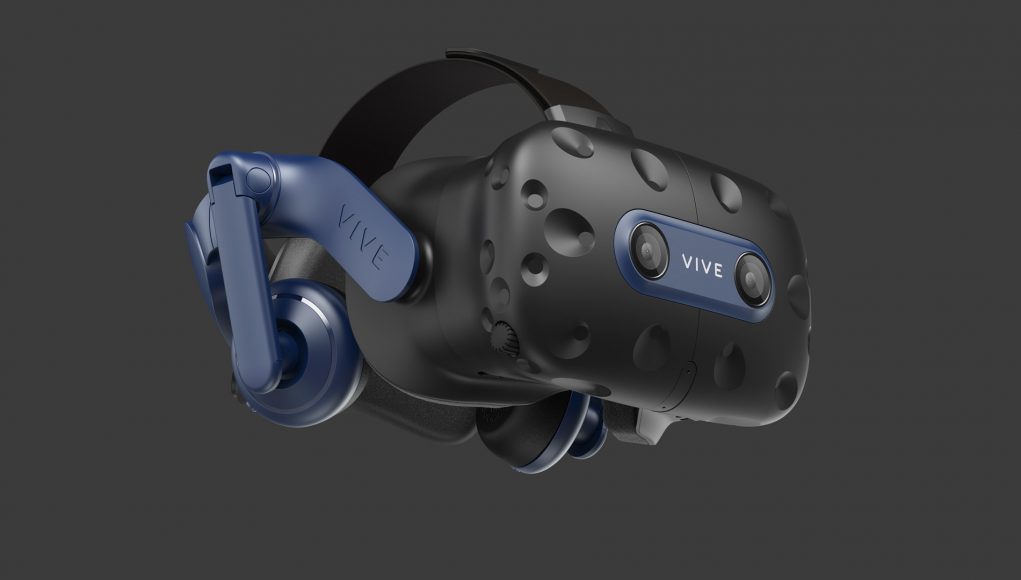Here’s a deal that should be on your radar if you’re in the market for a PC VR headset. For the next two days Amazon Prime members can get Vive Pro 2 at its steepest discount yet.
Vive Pro 2 ‘full kit’ is currently available on Amazon for $800 (a 33% discount off its usual $1,200 price).
Or if you already have controllers and base stations, you can get the Vive Pro 2 headset by itself for $500 (a 28% discount over the usual $700 price).
Both deals are available only to Prime members during Amazon Prime Big Deal Days, currently running from October 8th through 9th.
Despite being released more than three years ago, Vive Pro 2’s resolution of 2,448 x 2,448 (6.0MP) per-eye is still greater than most contemporary headsets like Quest 3 at 2,064 × 2,208 (4.5MP) or PSVR 2 at 2,000 x 2,040 (4.1MP).
As a dedicated PC VR headset, Vive Pro 2 uses SteamVR Tracking base stations for rock solid tracking. It supports the full SteamVR content catalog and uses a tethered cable for sharp visuals without noticeable compression or worries about wireless stability or battery life.
When we reviewed Vive Pro 2 back at release there was a lot to like, but it was difficult to justify the whopping $1,400 launch price. A deal like this makes it much more interesting, especially considering its nearest direct competitor—HP’s Reverb G2—is no longer supported in the latest versions of Windows.
Granted, unless you’re dead-set on tethered PC VR headset, Quest 3 still makes a very good PC VR headset at an attractive price, but only if you have an optimal wireless setup with a hard-wired PC and a modern Wi-Fi 5 (or later) router.







